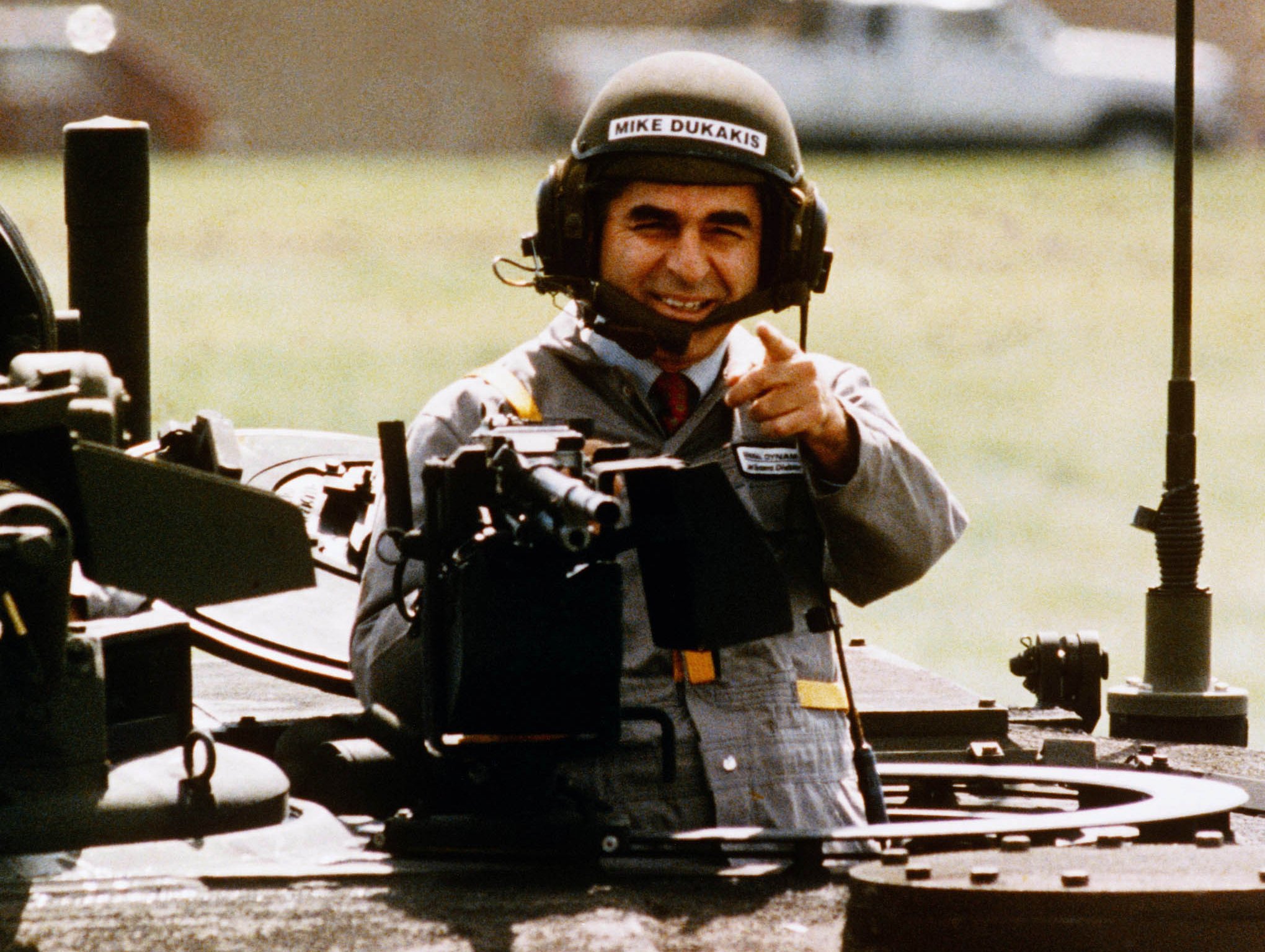What if I’m neither?
Memes
Rules:
- Be civil and nice.
- Try not to excessively repost, as a rule of thumb, wait at least 2 months to do it if you have to.
If you aren't one of these, then what are you? I guess there still is reactionary, off to the right of the image.
This is why I usually try not to label myself these days. Invariably there is nuance that I'm not aware of, or that some others interpret differently.
I'm NOT a democrat, republican, conservative, communist, socialist, liberal, maga, or anarchist.
But I lean left on social issues, often hard left, though I say that while also saying I'm firmly anti-authoritarian. And I don't really put fiscal on a separate axis because there are fiscal impacts to any set of beliefs with regard to how various social issues should be considered. I'm also not at all conversant in the slightest bit of nuance regarding how the economy works.
I'm sure some folks would call me a leftist based on the above. Others would insist I'm a liberal. Am I a progressive? Not sure.
If someone said they were leftist then I would very much hope they were pro EU and pro Ukraine
It’s the far right that is against those
"You can't trust those leftists because they're just tankies"
The Tankie they're referring to:

This makes me sad, I thought we mostly agreed that what FDR did is a good way forward.
All he did was save capitalism which inevitably led to what the US has today. There is no future for humanity with oligarchs like him and his family despite their supposed good intentions
He did a lot more than "save capitalism". Social Security, the Citizens Conservation Corpse, and the full blown WW2-era command economy (complete with ration cards and production quotas and public housing for all the rapidly mobilized industrial workers) had far more in common with Stalinism than Coolidge's laisse-faire market economy. Hell, FDR even had his share of gulags, when you consider how Japanese Internment Camps were created and administered.
There is no future for humanity with oligarchs like him and his family
There's a sharp line between an oversized land baron clutching a fist full of stock certificates and a popular elected bureaucrat charged with administering the public labor force.
Oligarchy can't just be "guy with rich parents" or it quickly descends into austerity fetishism. Oligarchy is fundamentally anti-populist. It requires a strong centralized police force to compel a broad, disorganized public into acting against their own material interests. FDR's New Deal was a meaningful shift away from oligarchy precisely because he adopted policies from his left-leaning proletarian base in defiance of the Depression-Era economic elites. And he implemented them with the enthusiastic support of the body public. Nobody was getting held up at gunpoint to take a salary from the Parks' Department or to pile into Keynesian school house construction programs or to patch up wounded soldiers at the VA.
FDR's personal wealth gave him a platform upon which to propagandize left-liberal policies on a national stage. But his messages resonated because they had a popular basis not because he simply hammered people with Madison Avenue propaganda.
You seem to be arguing that FDR was a leftist because of the policies he implemented. But I think what you are missing is why he implemented those policies. I think the truth is he didn't really have the public interest at heart. His agenda was to contain a growing threat to capitalism in the form of the Communist Party of the 1930s. His strategy to contain the CP was to neuter the party by bringing it into the Democratic party fold, alienating their most militant members, and slowly squashing their agenda. Of course he had to appeal to their interests to do so. But it was a temporary strategy, not a real shift in US policy. There are a few articles on the topic if you are genuinely interested. Here's one. And here's a quote from another.
The New Deal reforms Sanders evokes were not the product of a farsighted, enlightened reformer, but responses to tumultuous class struggles in the early and mid-1930s. These reforms sought to contain explosive social struggles and were never truly universal, excluding women and African-Americans, for example. After mass struggle ebbed, Roosevelt shifted back to his original goal of stabilizing US capitalism while moving toward establishing US global domination during World War II. Progressive reforms came to an abrupt halt in the late 1930s, allowing the rollback of many popular gains during the 1940s.
